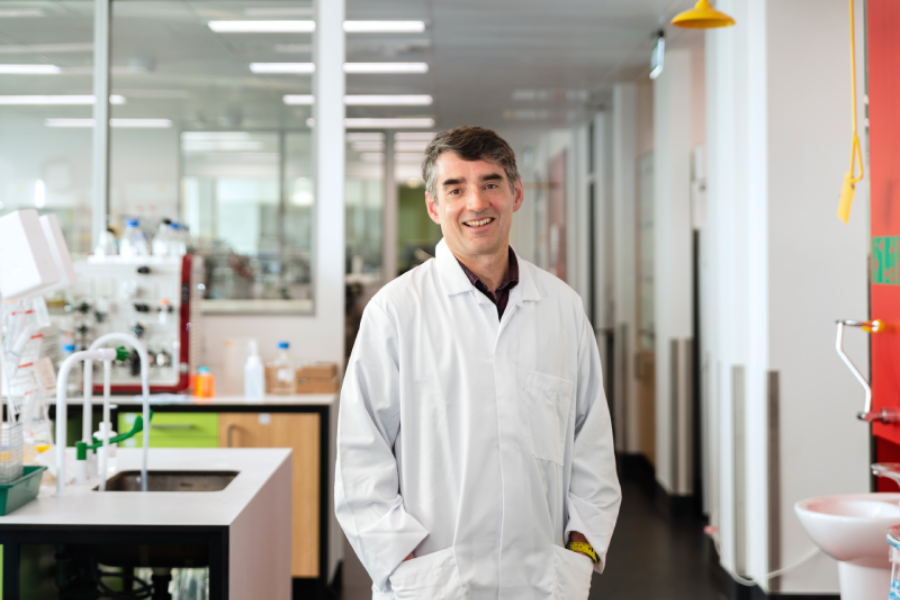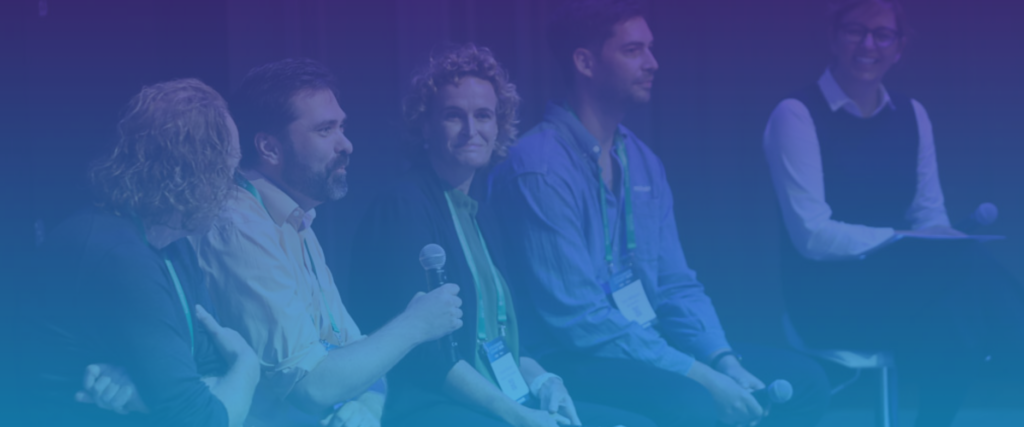New Zealand-developed technology that harnesses the extraordinary smelling powers of insects is set to be amongst the first in the world to – literally – sniff out disease in developing nations.
Scentian Bio is a life sciences start-up founded by Dr Andrew Králíček, who spent nearly 20 years at Plant & Food Research studying the smell receptors of insects.
“Everything biological – from food to plants to disease – has a scent, even if human noses can’t detect it,” he says.
“Insect noses are about a million times more sensitive than humans’, and a thousand times more sensitive than dogs’. Even more importantly, insects’ sense of smell is extremely efficient – they use far fewer receptors than other animals to identify different smells.
“These receptors developed over 400 million years of evolution, and allow insects to easily find food and mates, and avoid predators. The precision and efficiency of insect noses is unlike anything else on the planet.”
As a result of his decades of research, Dr Králíček and his team have managed to take insect receptors and essentially put them onto a chip. These chips can then be programmed to detect odours in the air.
This technology caught the eye of the Bill & Melinda Gates Foundation, who have since invested USD$1.7M (NZD $2.67M) in grant funds.
“The foundation actually approached us, which was incredibly exciting,” Dr Králíček says.
The sizeable, non-diluting investment has allowed the company to focus wholly on developing a handheld, mobile device suitable for use in developing nations.
“Tuberculosis is a huge killer – it’s the second leading cause of death from infectious disease globally (after COVID), with 10 million new cases recorded in 2019. The traditional gold-standard diagnosis is still made via growing cultures in a lab, which takes weeks,” he says.
By contrast, the Scentian Bio device will be able to detect the presence of disease instantaneously, similar to an alcohol breathalyser.
But that’s not the only application Dr Králíček can see for Scentian Bio’s technology.
Another major application is detecting pathogens in food production as well as quality control of food . The global food sector opportunity for the company is worth USD$1 billion alone, and climbing.
A major theme for Scentian Bio is democratising their technology. Their grand vision for their technology is for it to be as ubiquitous as cameras in smartphones.
“Yes, we can see this technology being available on smartphones one day. That means everyday people will be able to, as just one example, test to see if their leftovers are off, if they are starting to get ill, or the levels of pollution outside their home.”



